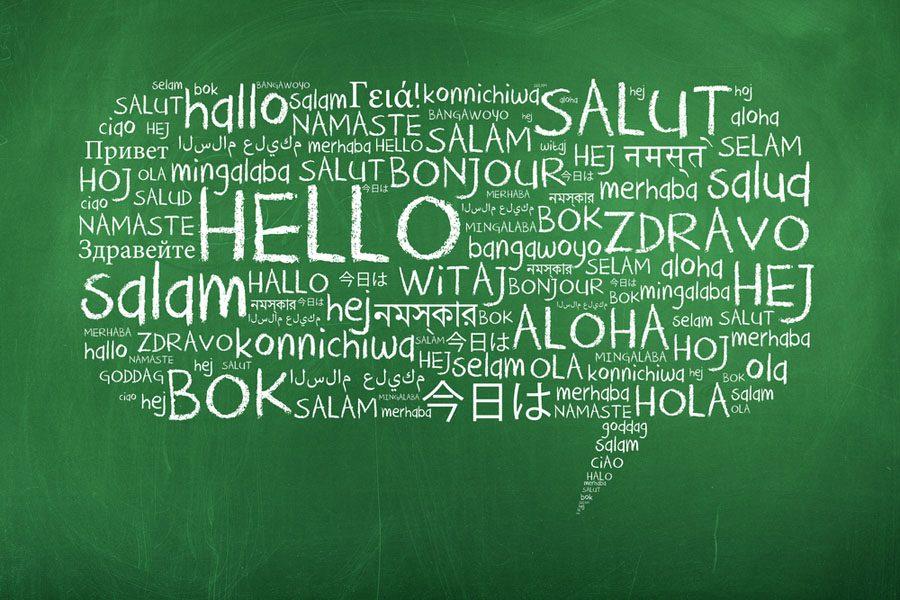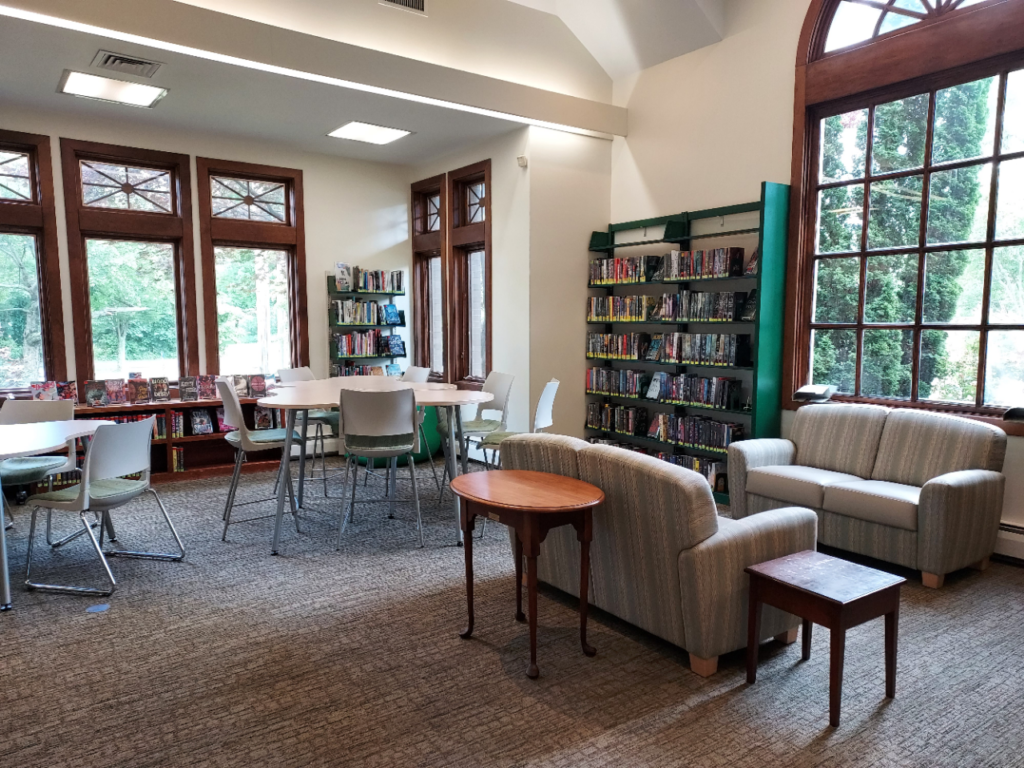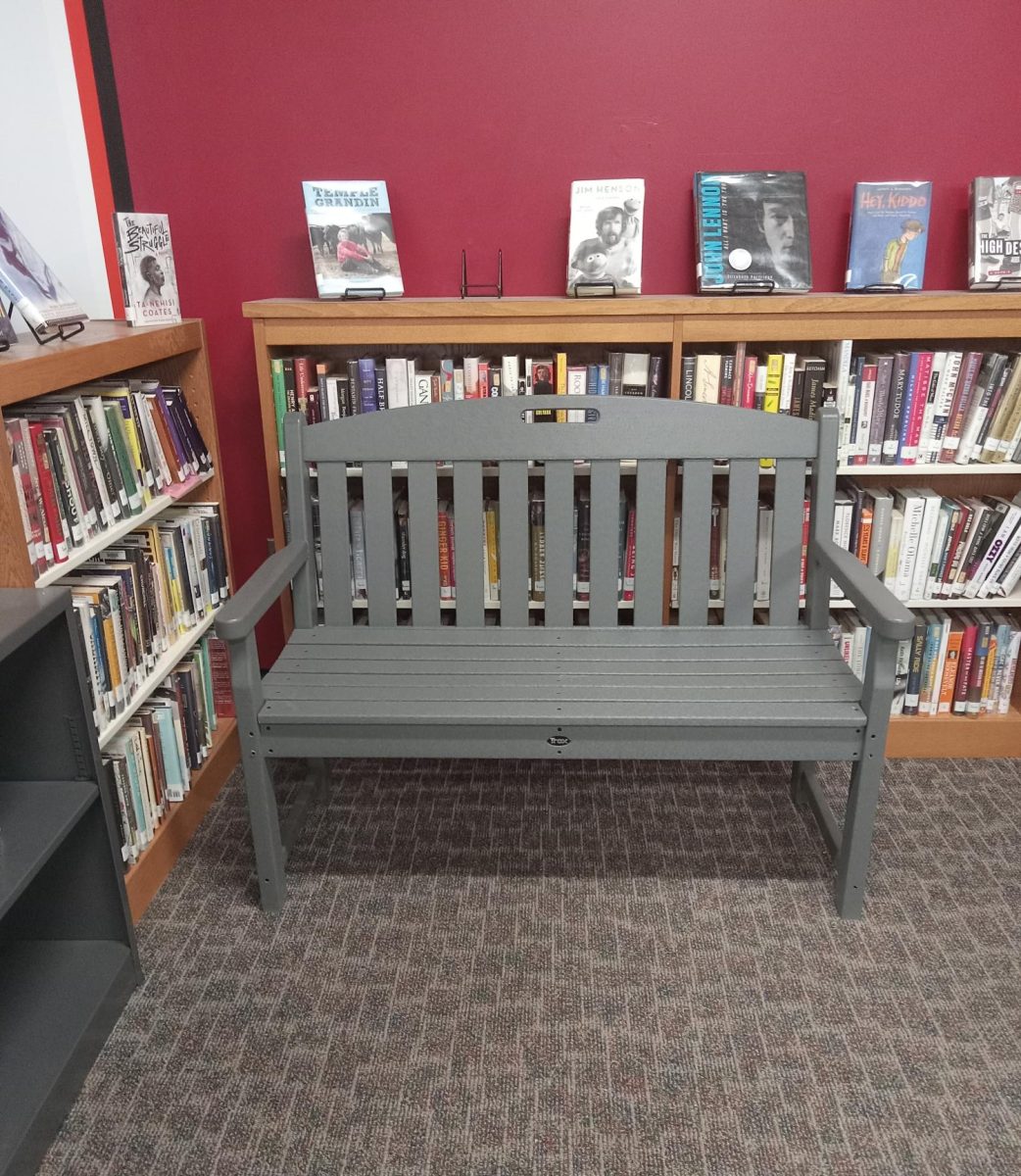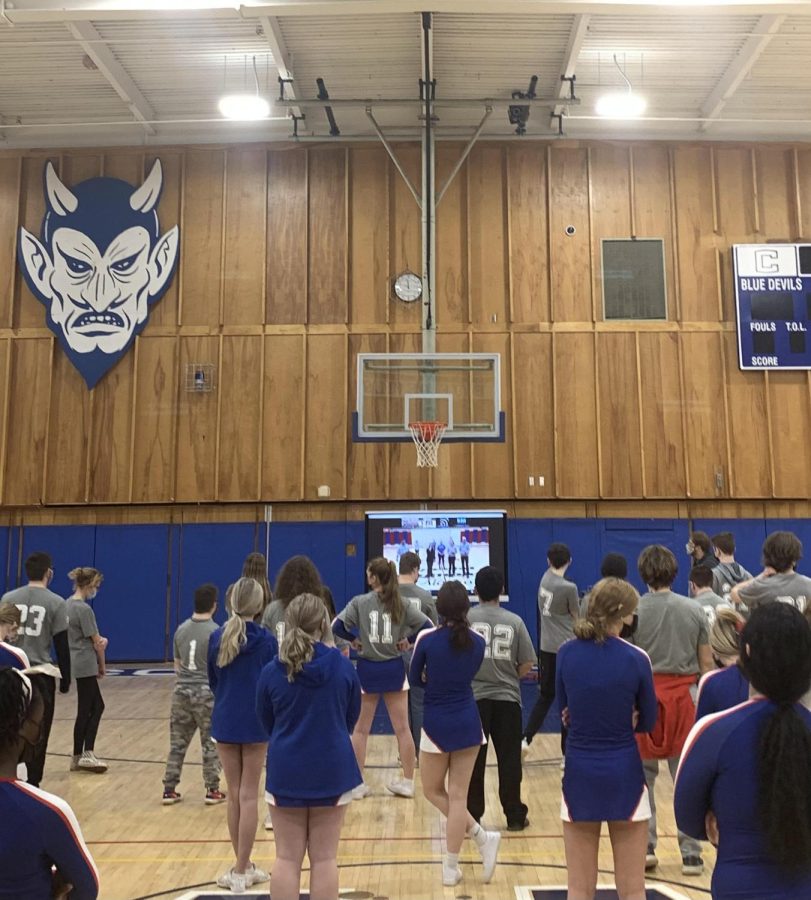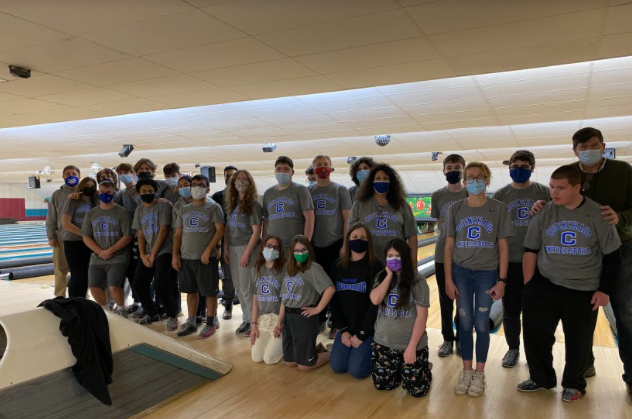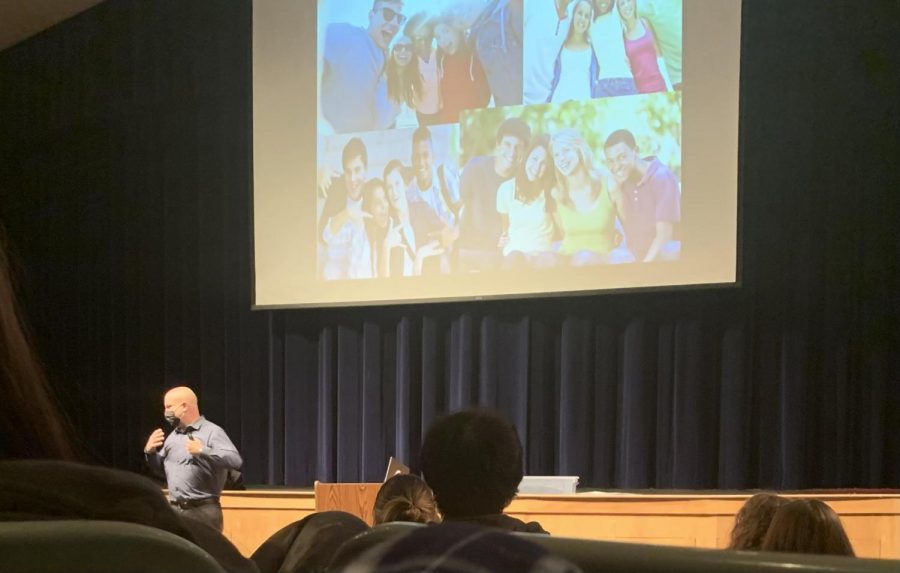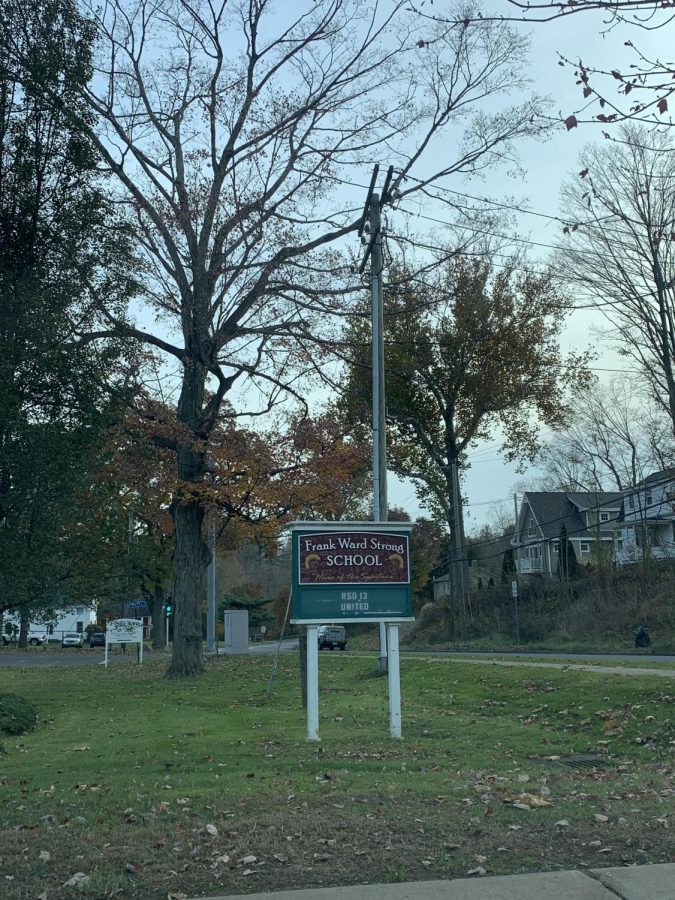America is commonly known as “The Great Melting Pot,” meaning that people of all different religions and ethnicities and who speak different languages come together to live in one country. Many people feel that if you are in America, you should speak English. Some parents get angry when their children are required to learn a language in school. Little do they know, being bilingual has its benefits. It has a positive effect on your brain. It also gives you an advantage in the job market and benefits you when you travel to a country that speaks the language you know. It can also connect you with people in your own community.
Learning another language can have a positive lifetime effect on your brain. As a student, alongside learning a language, it helps with your other academics. It helps develop your critical thinking skills. According to US Department of Health and Human Services Administration for Children and Families (ACF), it improves cognitive skills not related to language. Also, the cognitive muscles are strengthened because you have to be able to switch from one language to another.
Knowing another language when traveling is very helpful. You are able to talk to natives from that country and connect with the culture. You feel more than just a “tourist” because you are able to have more personal experiences due to the fact that you understand the language.
People who know more than one language can connect with their surroundings, especially in the United States. There are so many languages spoken in the United States. “Knowing more languages can connect you to more people,” said Jose Cadena, a senior at CRHS who moved to America in June 2015 from Mexico City, Mexico. “It can help you understand different perspectives in American society.” People who know more languages and who are more connected to society know more about other cultures, which can make them more tolerant and accepting. The United States claims to be an accepting country, but when it comes to coinciding with people of other religions or languages, many people are not tolerant with it.
Being bilingual can give you an advantage in the job market. According to the US Department of Health and Human Services Administration for Children and Families (ACF), bilingual adults have more job opportunities around the world than monolingual adults. “Knowing another language gives you an edge on the job market in this day in age,” said CRHS Spanish and French teacher Nancy Alberico. Alberico currently teaches three levels of Spanish and one level of French. “People get hired more easily when they know another language,” Alberico said. For example, if a child has a speaking problem and they speak more than two languages, the issue will show up in both languages. A bilingual speech therapist can identify and treat the problem because they will know at least one of the languages. According to the ACF, bilingual employees also earn an average of $7,000 more a year than their peers who are monolingual. Also, a salary differential is paid when an employee uses their bilingual skills an average of 10 percent or more of their total work time. According to a recent study conducted by researchers from the University of Phoenix Research Institute, the demand for bilingual employees is expected to rise over the next ten years, with 70 percent of employers predicting Spanish-speaking skills will be highly sought after.
Being someone who knows another language can have a lot of benefits in today’s society. When traveling, you will be able to get around if you know the native language there, and you will have a more “personal” experience. In the United States, knowing another language, especially Spanish, can make you feel connected in different communities nationwide. According to World Atlas, Spanish is the second most spoken language in the United States, following English. It gives you an edge on the job market. There is a need for bilingual employees in the US to be able to talk to citizens and companies worldwide. Being bilingual has a positive impact on one’s life.

